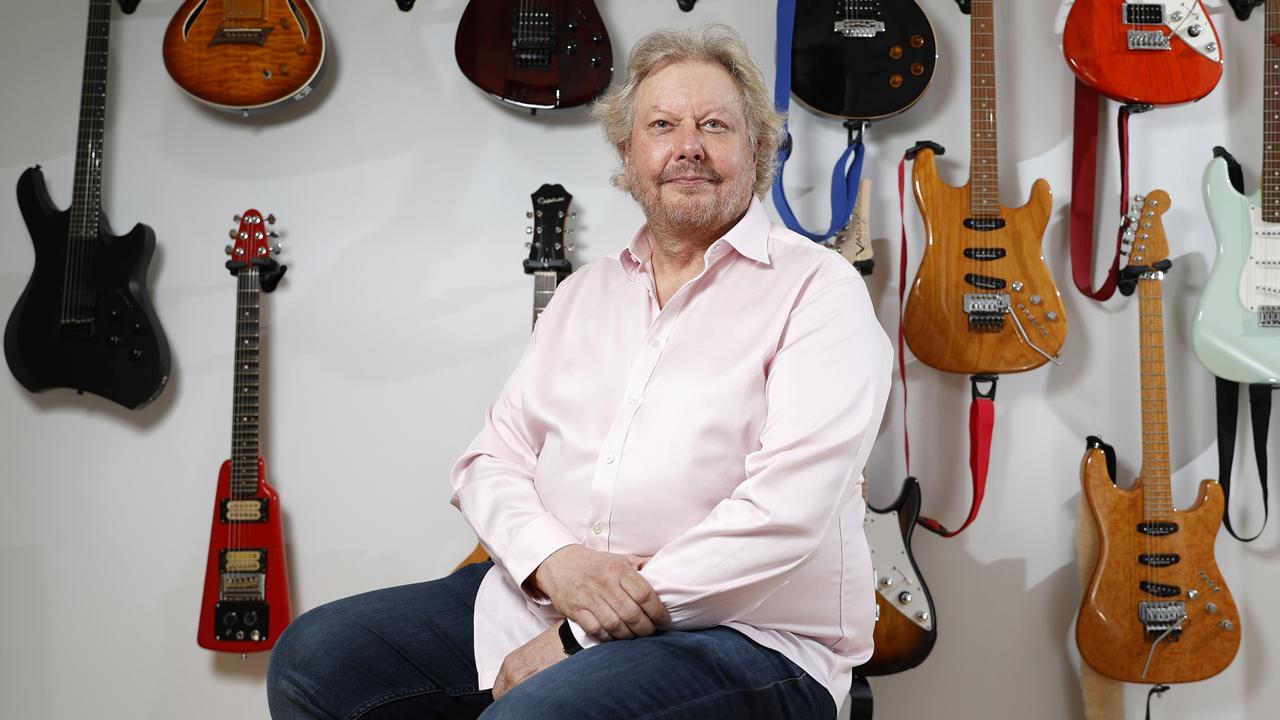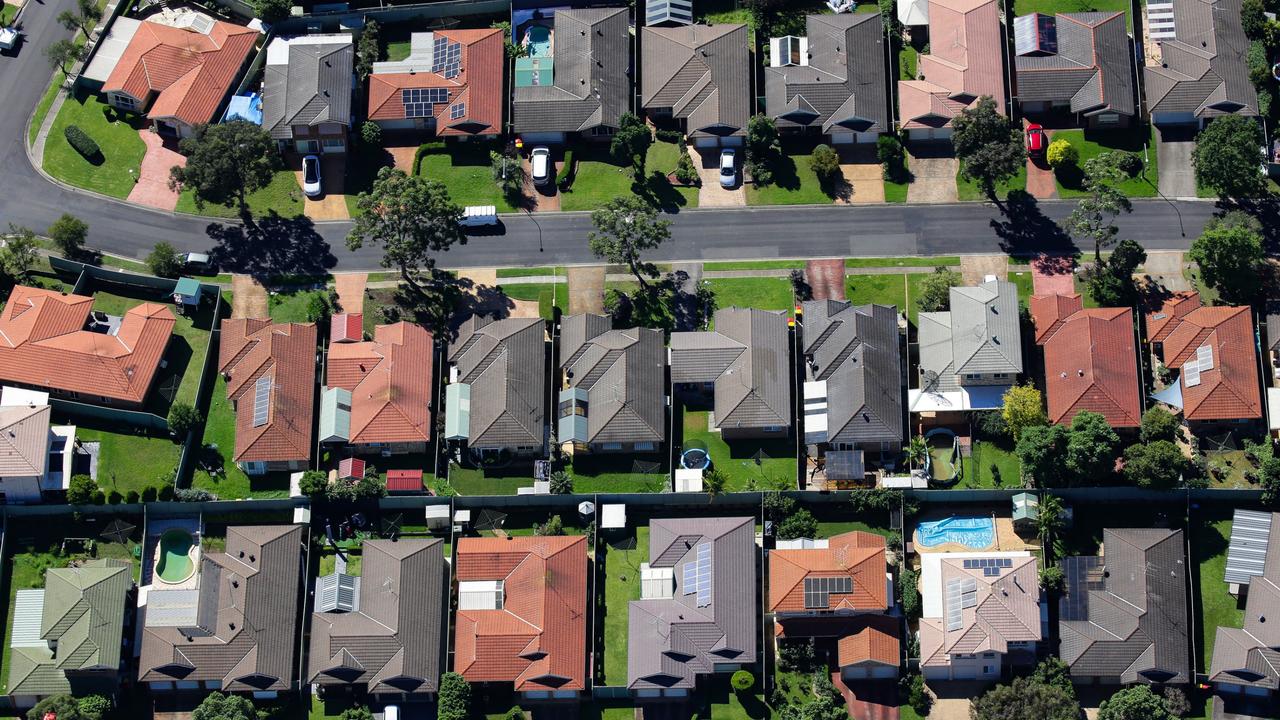Interest rates will have to rise, warns Reserve Bank of Australia
THE Reserve Bank signalled today its intention to raise interest rates in coming months to confront the scourge of rising inflation.
THE Reserve Bank of Australia signalled today its intention to raise interest rates in coming months to confront the scourge of rising inflation, putting aside short-term softness in parts of the economy harmed by a high Australian dollar.
In a quarterly monetary policy statement, the central bank announced higher forecasts for inflation, predicting core inflation will rise to the top of its 2-3 per cent target band this year and remain there before finally busting higher at the end of 2013.
Economic growth is expected to run well above historic averages for most of the forecast period, hitting 4.25 per cent in mid-2012.
The trajectory implies an intense level of discomfort at the central bank about price risks as the economy heads toward full employment, wages rise and a record mining investment boom engulfs the country.
"Further tightening of monetary policy is likely to be required at some point for inflation to remain consistent with the 2 per cent-3 per cent medium term target," the Reserve Bank of Australia said in its quarterly outlook.
The Australian dollar surged on the back of the report, defying news overnight of hefty falls in commodity prices. In late trade, it was changing hands at $US1.0700, down from $US1.0763 late yesterday, after touching a day's low of $US1.0532.
Government bond prices were hammered. June 3-year bond prices collapsed while the overnight interest rate swaps market moved to price in a 35 per cent-40 per cent chance of a rate hike in June, rising to an 80 per cent chance in August with a full hike factored in around October.
The inflation warning sets the scene for the government's 2011-12 budget to be released on Tuesday night, with Treasurer Wayne Swan now under acute pressure to deliver a responsible budget that takes pressure off interest rates.
Mr Swan told reporters fiscal settings are already contractionary, with the government aiming for a budget surplus by 2012-13.
"So we are playing our role in making sure that we don't add to the pressures of the mining boom and the investment that we are seeing across the community," he said in Canberra.
Inflation risks appear to be deteriorating rapidly with strong official data last week stunning policymakers, not just for the extent of the rise, but also the breadth of the inflation surge. Inflation rose by 3.3 per cent over the year to the first quarter.
In February, RBA governor Glenn Stevens said confidently the central bank was "ahead of the game" with the cash rate target at 4.75 per cent. But that has been replaced by a sense of urgency, which could see interest rates raised as early as next month, economists said.
But if the RBA hikes in June, it may be a difficult sell to the public as the economy is widely thought to have contracted in the first quarter. First quarter economic growth data is due June 1 and the next policy meeting is scheduled for June 7.
Floods in Queensland in January knocked out coal production from the resource-rich state, while severely disrupting commerce as a deluge of flood water rushed from country areas into Brisbane itself.
"While these factors may still get in the way of a June move, it's still appropriate to believe the June meeting is live," said Gavin Stacey, strategist at Barclays Capital.
To be sure, the RBA is risking a public backlash if it hikes again in coming months. Broad tracts of the economy are suffering as a result of the high Australian dollar, which earlier this week topped a fresh 29-year high above $US1.1000.
Tourism, education services and manufacturing are being slammed as export competitiveness has been eroded at a record rate in recent months. But such is the once-in-a-century mining investment boom, that a massive income shock is still being delivered to the economy.
Fuelled by China's stellar growth, Australian mining and energy companies are moving at full throttle to meet the growing needs of Asia's emerging middle class. While commodity cycles often prove capricious, many policymakers believe the current upswing could well burn hotter for longer, spanning decades, not years.
Economist and chief executive of property Group Rismark, Chris Joye, said the RBA could hike interest rates three times in 2011 to get on top of inflation.
"If unemployment holds steady at 4.9 per cent and wages growth remains healthy, the RBA is a very high probability to hike in June. The RBA knows it cannot rely on politicians or the currency to do its work for it," he said.
Australian property prices have been flat to weaker across different regions in the last year as the RBA has tightened monetary policy seven times since late 2009. A further hike will put more pressure on the sector, stretching affordability for first home buyers.
Adam Carr, senior economist at ICAP, said the RBA's language points to an interest rate increase in June, adding it mimics remarks made ahead of the last hike in November 2010.
"I say possible because again, it's not a commitment to hike in June, but it can't be coincidence that the last time they used this phrase, they hiked the following month," he said.



